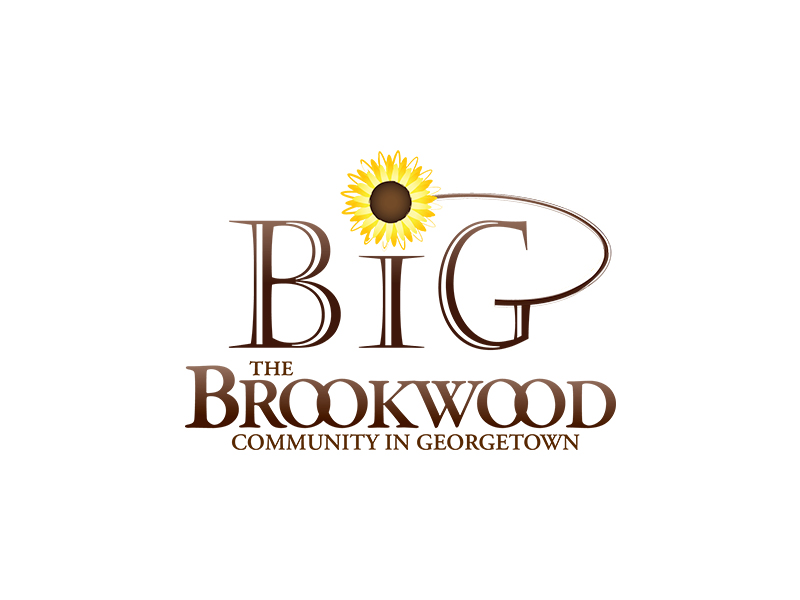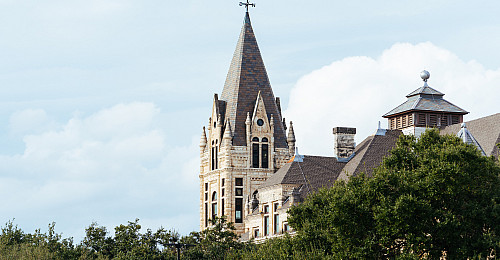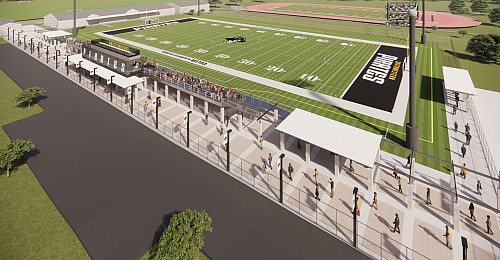Community-Engaged Learning
A BiG Change of Perspective
Open gallery

During the spring semester of my senior year, I took the community-engaged learning course “Survey of Exceptionalities” with Dr. Alicia Moore, which examined special education, the stigmas that surround it, and the policy that influences it. Students got to choose the location that they wanted to volunteer with. Most chose to be in a special education classroom within local elementary schools, but I chose to spend my time with the citizens of BiG: Brookwood in Georgetown, “a community where adults with intellectual challenges are celebrated and empowered by engaging their talents in meaningful work.” Unexpectedly, my worldview began to change as I spent time at BiG. I became self-aware of the assumptions that I made about people with intellectual disabilities, and my lack of seeking to understand others’ experiences. As I spent more time with a population of people who are differently-abled than I am, I experienced transformative compassion and I gained friendships and insights that I otherwise would have not. This experience not only helped me contextualize and enhance the academic teaching I was receiving in the classroom, but also encouraged me to practice active citizenship by making the community a priority in my values and life decisions.
The community-engaged learning component of the class encouraged facilitation of thoughtful, reflective questions about the experiences that we as students were having at our sites. This method prompts students to be introspective and put words to the tension they experience between theoretical concepts and real, tangible experiences. Experiential learning made all the difference for me. I felt empowered to truly grasp the concepts that we discussed in class because I had a physical environment that allowed me to gain empathy and understanding of the very human aspects of those concepts that in-class discussion couldn’t convey. For the first time in my life, community had a voice in my learning. Courses with a community-engaged learning foundation help students like me to make connections in a deep, intentional way through observation and action. The best way I could describe it is like playing with playdough - the dough is like the theoretical concept I am learning about in class. It starts off as this blob-like object that is present, but I can’t really make out what it looks like. The experiences that I had at BiG, along with our class discussion and personal reflection all influenced the ways that I molded the playdough, and eventually it turned into something that made sense and was recognizable. I could clearly explain this new masterpiece of playdough to my peers. If it weren’t for experiential learning and reflection, I would not have been able to truly make sense of the object or concept in front of me.
This experience, along with other pieces of my Southwestern experience, have contributed to my life story. I’ve been encouraged and challenged to not just be a member of society, but to be an active citizen who prioritizes community in my daily life decisions. I am now the Coordinator of Community-Engaged Learning at Southwestern for the 2017-2018 school year, encouraging and challenging other students to get off-campus and decide how they will value community in the choices they are making, and will make in their lives. I attribute a lot of my personal growth to the times where I’ve gotten to sit in thoughtful reflection, and if it weren’t for Dr. Moore facilitating that in the classroom, my life may look different now than it does. From now on, I will always value giving the community a voice in my learning.
By Nikki Welch ’17, BA Psychology














